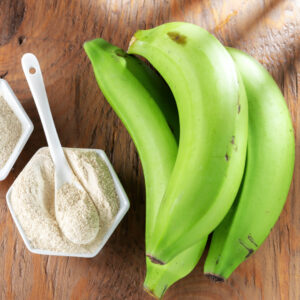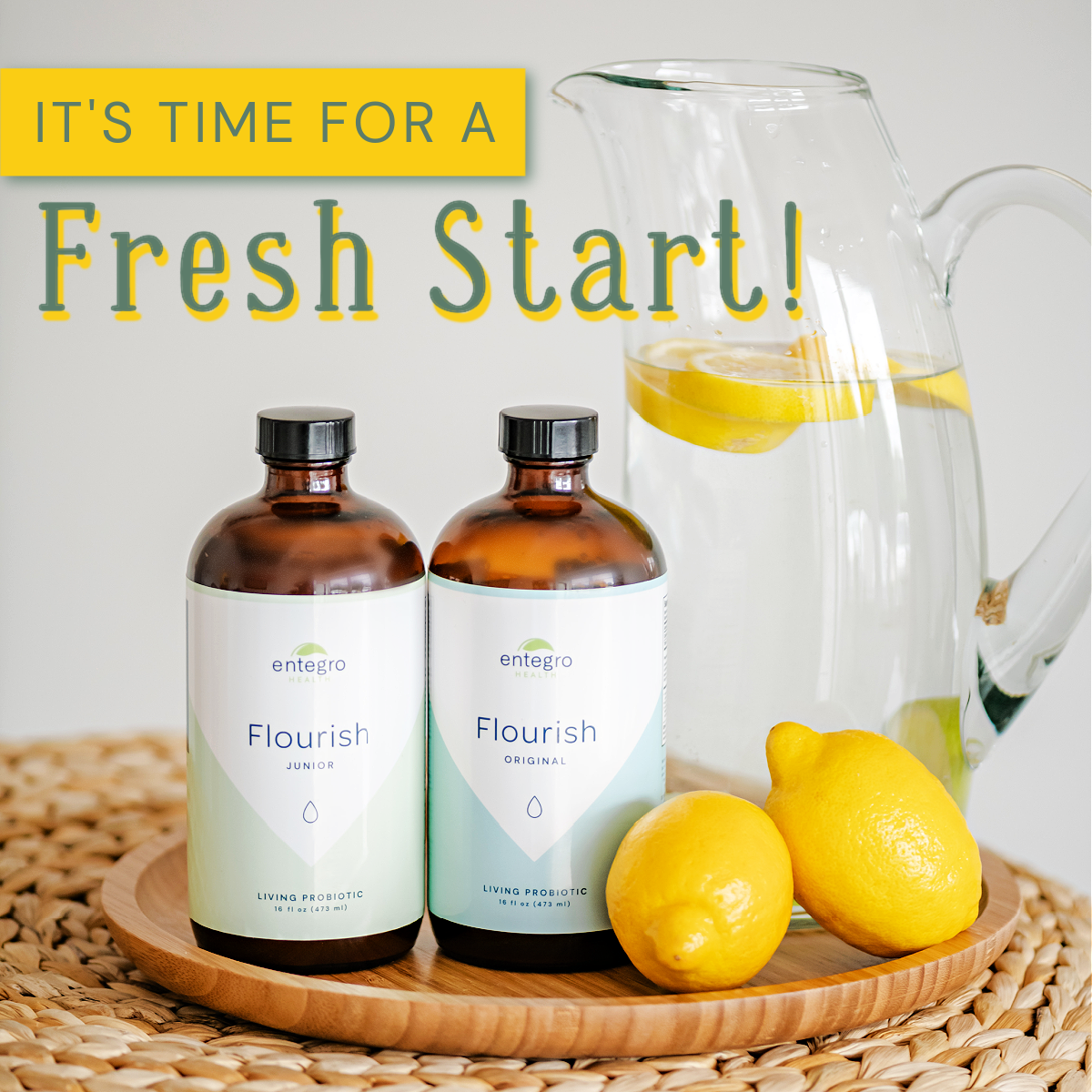Do You Need Prebiotics When Taking Probiotics?
When it comes to supporting a healthy gut, probiotics and prebiotics are two terms that often go hand in hand. But do you need prebiotics when taking probiotics to truly benefit your gut health? Let’s break it down.
What’s the Difference Between Probiotics and Prebiotics?
While both probiotics and prebiotics support gut health, they work in completely different ways:
-
Probiotics are live microorganisms—like Lactobacillus acidophilus—that you ingest to provide temporary support to your gut. These beneficial bacteria help balance your microbiome as they pass through your digestive system, although they don’t typically establish permanent residence in your gut.
-
Prebiotics, on the other hand, are types of fiber or food compounds that feed the existing good bacteria already living in your gut.

What Do Probiotics Do?
Numerous clinical studies have shown that probiotics offer powerful health benefits, even without the addition of prebiotics. Some of these proven benefits include:
-
Balancing gut microbiota by suppressing harmful bacteria
-
Supporting immune health within the gut
-
Reducing inflammation in the digestive tract
-
Decreasing symptoms of leaky gut
-
Supporting conditions like SIBO, IBS, and inflammatory bowel disease
What Are Prebiotics, and Do You Need Them?
Prebiotics are essentially food for the beneficial bacteria already present in your gut. When consumed, they help increase the population of these microbes and support overall microbiome health.
However, the effects of prebiotics can vary depending on:
-
The type and dose of prebiotic used
-
Your individual gut flora composition
-
Whether you have existing gut conditions like IBS or SIBO
Are Prebiotics Always a Good Idea?
Not necessarily. Many prebiotics are also FODMAPs—a type of fermentable carbohydrate that can cause gas, bloating, or discomfort, especially in people with sensitive digestive systems.

If you suffer from conditions like IBS or SIBO, introducing prebiotics too early may worsen your symptoms. Think of prebiotics as fertilizer for your gut garden—beneficial in the right amounts, but potentially harmful in excess or at the wrong time.
How Flourish Probiotics Are Different
At Entegro Health, our living liquid probiotics are bottled with their natural growing environment intact. Unlike freeze-dried probiotic capsules, our liquid formulas retain all of the beneficial byproducts created during the fermentation process.
Each bottle of Flourish contains:
-
Live, active probiotics
-
Their original food source (molasses in Flourish Original and sorghum in Flourish Junior)
-
A wide range of beneficial compounds, also known as postbiotics

While these food sources aren’t considered traditional prebiotics for the human gut, they serve as nutrition for the live probiotics within Flourish—keeping them active and effective until you consume them.
Don’t Forget About Postbiotics
In the world of gut health, there’s another important player: postbiotics.
These are the beneficial byproducts produced when probiotics consume prebiotics. Postbiotics include short-chain fatty acids, vitamins, peptides, and other health-promoting compounds.
To summarize:
-
Prebiotics feed the probiotics
-
Probiotics create postbiotics
-
Postbiotics deliver many of the benefits we associate with a healthy gut!

Emerging research suggests that postbiotics may be just as important—if not more—than the probiotics themselves when it comes to supporting immune function, gut barrier integrity, and reducing inflammation.
Final Thoughts: Do You Need Prebiotics When Taking Probiotics?
It depends. While prebiotics can enhance the effectiveness of probiotics by feeding your existing gut bacteria, they aren’t strictly necessary—especially if you’re using a high-quality, living probiotic like Flourish that already contains its natural growth medium and beneficial byproducts.
If you’re dealing with a sensitive gut or conditions like IBS or SIBO, it’s best to start slow and monitor your symptoms. Prebiotics may be more beneficial once your gut is in a more balanced state.
TL;DR(Too Long; Didn’t Read):
-
Probiotics offer many benefits on their own
-
Prebiotics support your existing gut flora—but may cause discomfort in sensitive individuals
-
Postbiotics, the result of probiotic activity, are emerging as powerful gut health boosters
-
Choosing a living, liquid probiotic with built-in support like Flourish may eliminate the need for separate prebiotic supplements
The content in this article is not a substitute for professional medical advice, diagnosis, or treatment. Always seek the advice of your physician or other qualified health providers with any questions you may have regarding a medical condition. The FDA has not evaluated these statements. This product is not intended to diagnose, treat, cure, or prevent any disease.
Kelsy Armstrong, Entegro Health

 New customers! Get 11% OFF your first Flourish order with Code FRESHSTART11
New customers! Get 11% OFF your first Flourish order with Code FRESHSTART11